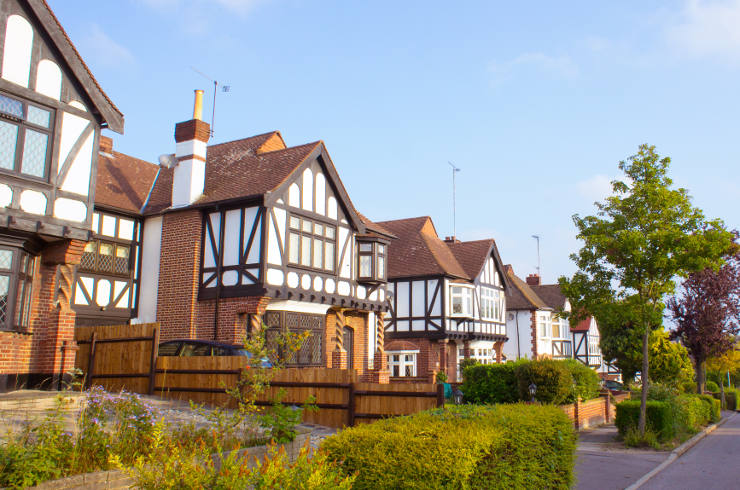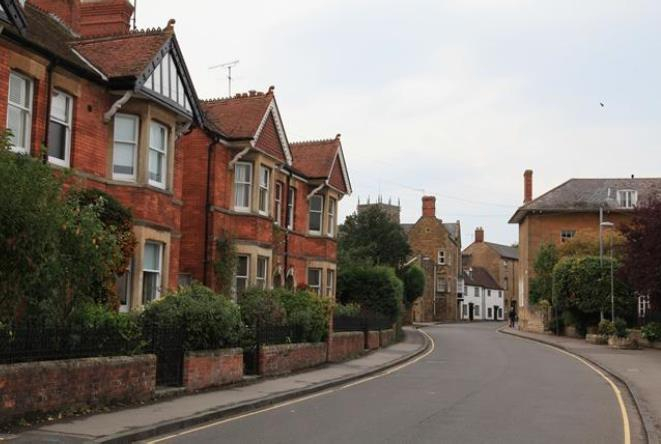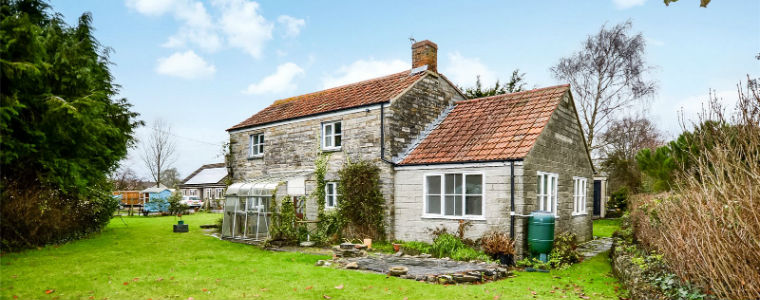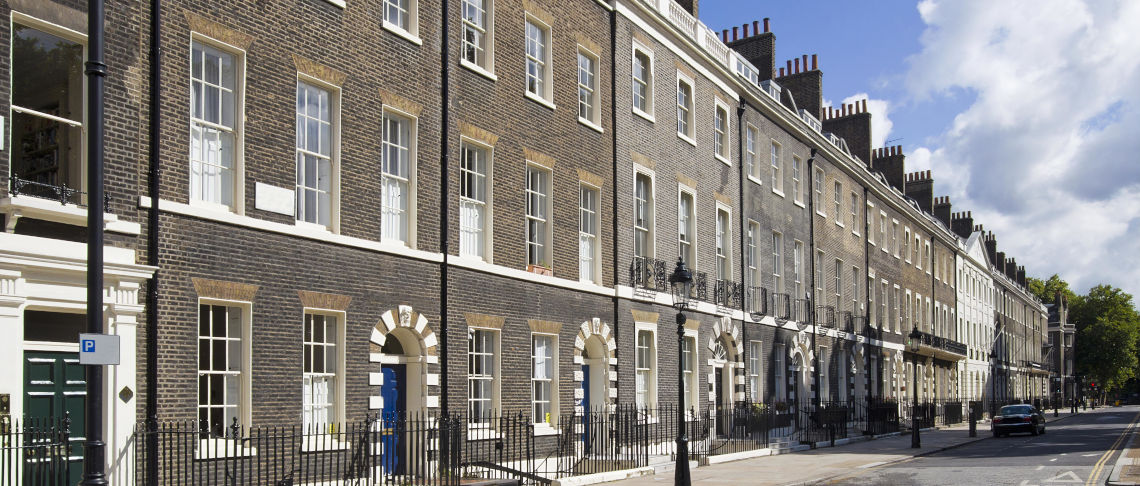If you are the owner of a leasehold property and the number of years remaining on the lease is approaching 90 years, you may want to think about a lease extension. Under the provisions of the Leasehold Reform, Housing and Urban Development Act 1993 (the Act), residential leaseholders have a statutory right to extend their lease. However, the process is often long-winded and potentially expensive, so it should be no surprise that many leaseholders are eager to explore alternative routes.
At Able Surveyors, we have over 25 years of experience in all aspects of building surveying and associated property services. Our team offers valuable professional advice including lease extension surveys and valuations and can help you increase the value of your leasehold asset. As trusted building surveyors in London and Essex, please feel free to discuss your property with us.
What are the differences between a formal and informal lease extension?
Briefly, a formal lease extension follows the statutory process set out under the Act. This must be initiated by the leaseholder serving a Section 42 Notice on the freeholder, and putting in an offer to extend the lease by 90 years with no future ground rent. The offer will be based on a professional leasehold valuation carried out by a surveyor, while negotiations will involve lawyers for both parties. After much to-ing and fro-ing, an agreement is eventually reached on the premium to be paid. Visit our recent blog for more information about statutory lease extensions.
The advantages for leaseholders taking the statutory route include:
- You will receive a guaranteed lease extension of 90 years which will be added to the number of years currently remaining.
- The term remaining on the lease is ‘frozen’ once formal proceedings have started, so there is no danger of the premium increases as the term decreases.
- Once your lease is extended, your future ground rent obligations will be reduced to zero.
- The premium payable for your lease extension is usually better value for money than can be achieved by an informal agreement with the landlord.
Informal lease extensions don’t need to follow the same process. A leaseholder will normally approach the landlord in writing with a request for a lease extension on terms to be agreed upon. These terms can differ widely: the number of years added to the lease will typically be less than the statutory 90 years, and ground rent clauses will remain or may even increase. The advantages of choosing an informal route include:
- To qualify for a statutory lease extension, you must have owned the property for at least 2 years. No such eligibility criteria apply for informal lease extensions.
- The cost of serving a Section 42 Notice is around £220, which constitutes a small cost saving if you conclude an informal agreement instead.
- There is tremendous scope for flexibility in negotiations. If, for instance, the premium is unaffordable, a lower additional term and keeping the ground rent in place could be a palatable alternative solution.
Are there any disadvantages to extending your lease informally?
The main issue with an informal lease extension is that these private agreements, though perfectly valid in law, are not bound by the provisions of the 1993 Act, meaning that all of the terms of the new lease may be open for renegotiation.
This creates a situation that could be exploited by unscrupulous freeholders, particularly if the leaseholder has insufficient access to professional advice. It is sadly not uncommon for landlords to take advantage of the power imbalance, with many lease extensions negotiated based on a shorter extension and with some ground rent retained.
When approaching a freeholder on an informal basis, you should expect a request for payment to cover the landlord’s administrative and valuation costs. It is also likely that the freeholder’s offered premium will be significantly inflated, compared to the amount calculated as part of the statutory process. This can leave the leaseholder with little option but to accept the landlord’s onerous terms, or break off negotiations and commence the formal route from scratch.
Which is the best route to take?
While both lease extension routes have their pros and cons, the advice on which is more suitable depends on your situation. If you have owned the property for two or more years, it makes sense to commence matters through the formal route, benefitting the full protection offered through the statutory process.
We strongly recommend that you always instruct a professional surveyor to conduct a lease extension valuation and serve the Notice on your behalf. Even if you start going down the formal route, there is nothing to stop you from reaching an informal agreement at any stage of the process – effectively giving you the best of both worlds.
If, however, you have not owned the property for the required two years, and the remaining lease term is less than 82 years, it may make more sense to approach the freeholder informally to negotiate a quick deal.
Contact Able Surveyors – London and Essex
For any questions regarding lease extensions in London, or to discuss your particular property needs in Battersea, Bromley, Brentwood and beyond, please feel free to contact the Able Surveyors team.








